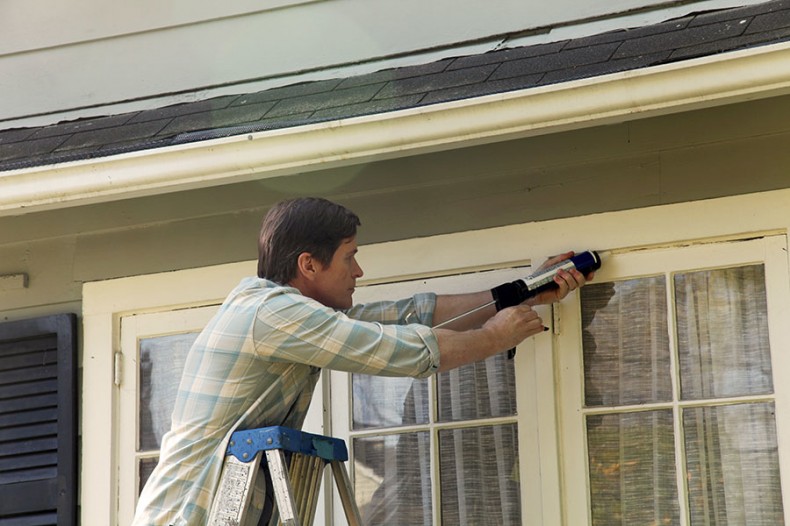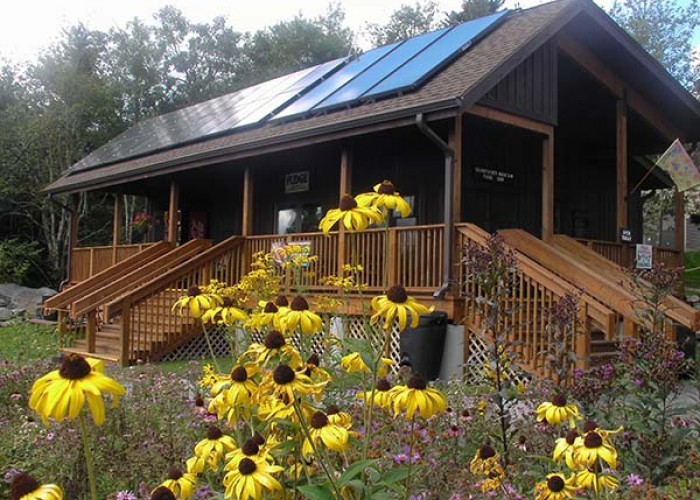Eco-friendly Living
Three ways to bring sustainability into your home
Creating a more sustainable home is becoming the new norm. Sixty-seven percent of consumers from across the world prefer products from sustainable sources, according to a recent Nielsen survey.
From fixing water leaks to buying eco-friendly products, making your home more sustainable can be very rewarding. Here are three ways you can make a big difference (and spare your wallet).
Energy, water audits
Do a home energy audit by checking windows and doors for air leakage, and check pipes, including faucets, toilet flappers and valves, for water leaks.
Air leakage from windows and doors can definitely impact your home’s energy use. The United States Department of Energy reports sealing uncontrolled air leaks will save you at least 10 to 20 percent on your heating and cooling bills. Discuss sealing options, such as weather strips, with your local hardware store, and contact your local electric cooperative for tips on what else to look for during an energy audit.
As far as water leaks, the Environmental Protection Agency states that tightening pipes and repairing leaks can prevent the average household from leaking 10,000 gallons of water per year. These types of leaks are often easy to fix, which can save you about 10 percent on water bills.
Recycle food waste
Composting means recycling decomposed organic material waste with manure to turn it into rich soil. By composting in your own backyard, nutrients are restored into the ground and less waste ends up in landfills, waterways and water treatment facilities. What’s more: landfills cause organic waste to generate greenhouse gasses, so methane emissions are greatly reduced when waste is composted. This practice also can help you save money, since it allows you to purchase fewer soil conditioners and bagged manures for your lawn and garden. You can also use compost for houseplants.
Composting materials include vegetable peels, coffee grounds, shredded newspaper, grass clippings and leaves. If you have space in your yard, fence off a small area and place scraps directly there. Or, for convenience sake, buy a closed bin for your kitchen and then empty the bin’s food scraps into the designated place periodically. To learn more, visit The North Carolina Composting Council’s website at carolinacompost.com.
Up with down
Changing your bedding to down and feather can help reduce your heating bill. Down and feather pillows, comforters, duvets and mattress toppers provide great warmth, which lets you lower the thermostat. You can save as much as 10 percent on your heating bill, according to the U.S. Department of Energy, by lowering the thermostat by 10 to 15 degrees while you sleep.
Also, down and feathers are a natural byproduct of the food industry. Recycling them into comforters means the down and feathers do not end up in our landfills. These natural fill materials have a lower carbon footprint than products made from synthetic fill materials. They are biodegradable and can be composted. For more information, visit the American Down and Feather Council’s website at downandfeathercouncil.com.
-
Sustainable living
-
Share this story:





